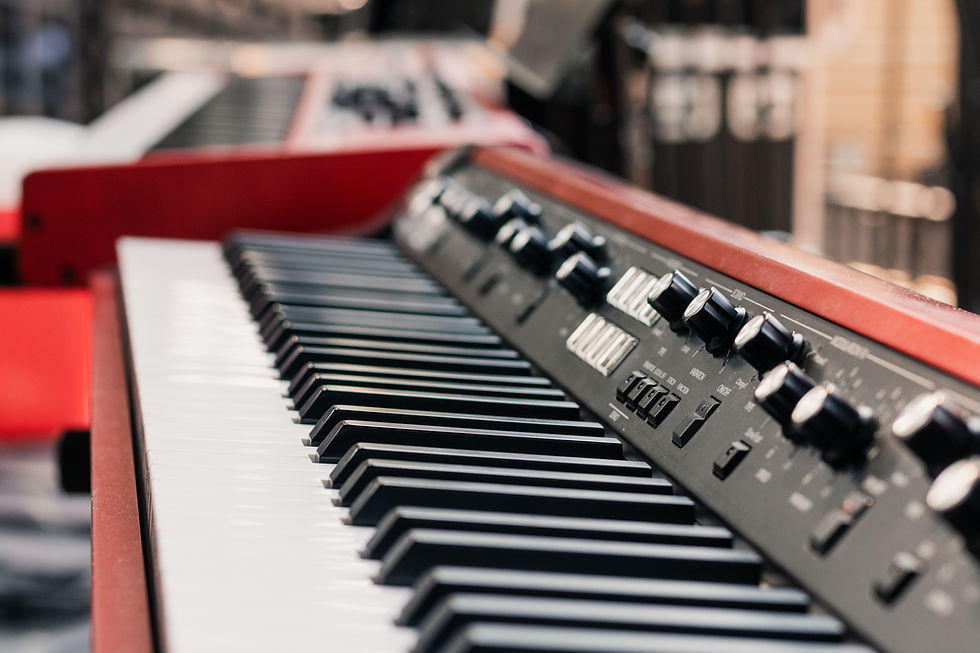How long should I practise piano?
- Music Space London
- Jul 2, 2025
- 2 min read
You may have heard of things like the 10,000-hour rule or simply being aware that the more you practise, the better you will be. These statements provide a rough understanding of what the psychology of practice entails. They serve to perpetuate an idea that most people are very familiar with; however, there are weaknesses in this approach that overlook the value of quality. Some reports have suggested that Mozart and Beethoven once practised 7-8 hours a day. Information like this is often used to legitimise certain views, but the truth is that it should do nothing but stress once again how exceptional these composers were. You may double the practice time of Mozart, but this will not guarantee that you will get even close to his achievements. We should not compare ourselves to anyone in the first place.

The factor that will determine your progress won’t be exclusively how long you play for but the quality of that practice. The quality of the practice is defined by the level of involvement that the learner displays during the process. On the one hand, it is essential to be aware of the technique and try to minimise any potentially damaging habits. The study of the fingering is essential at all stages. Secondly, we cannot overlook the significance of concentration. Many students spend hours “going through the notes” without trying to assimilate what they are playing. Practising involves a state of mind in which awareness and motivation are crucial. This may not be a disposition easy to sustain for many hours, so it becomes very important that we get to understand how we are responding to the practice. Of course, we are not saying that you should not play for 3 hours if you feel like it. The point is that you may be only very focused for 1 hour; the rest of the time, you are just “playing”.

For very young children, practising 10 minutes a day could be enough. Many teenagers are fast learners and can benefit from longer practice sessions. As we mentioned before, motivation is essential. If the results of your serious practice motivate you, that may encourage you to play even more and create a positive feedback loop. And if you don’t do enough, the opposite may happen! It is about finding a system that works for you. Learning an instrument is an indulgent process; your skills won’t disappear after your summer holidays. It is different, though, if you are performing professionally, in which case it is always better to go on holidays after the big day (I am sure you know this already)! If you are an adult who is keen to learn how to play the piano, keep in mind that a few hours of weekly practice will be enough to create significant progress.
For further information regarding the lessons, contact us at 07749 775974 or email us at info@musicspacelondon.com.




The 10,000 rule is a load of rubbish, as long as you enjoy playing you should progress the rate you want to
Maybe like 6 or 7 years
Even something like 20 minutes a day could make a difference.
Practice makes perfect!